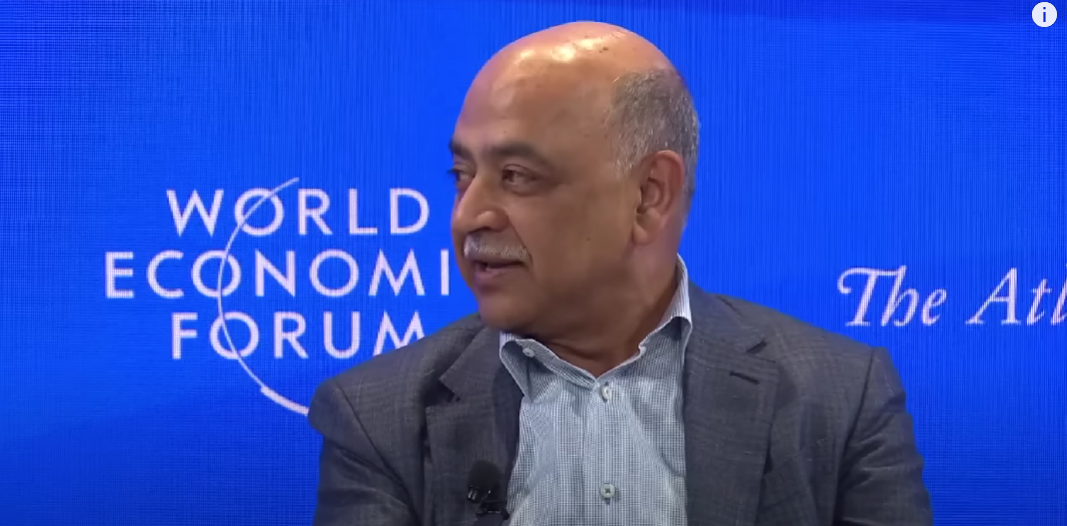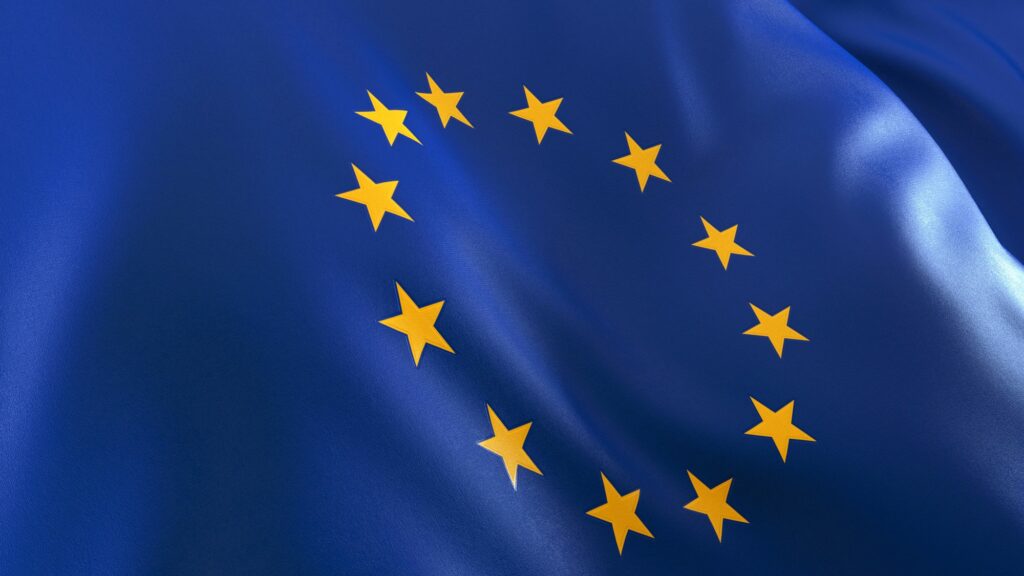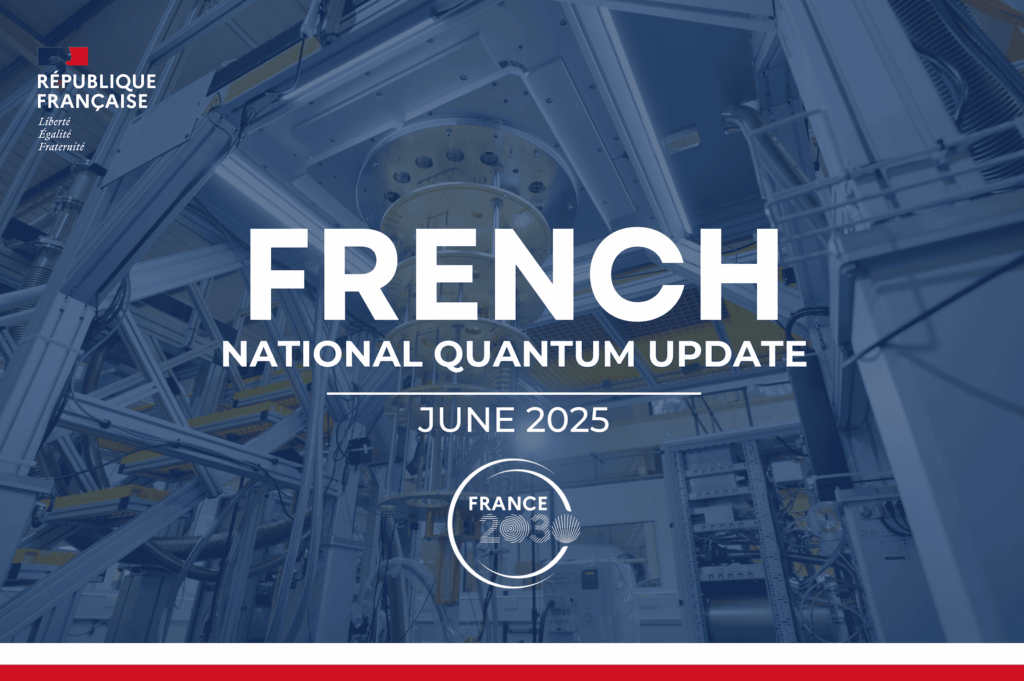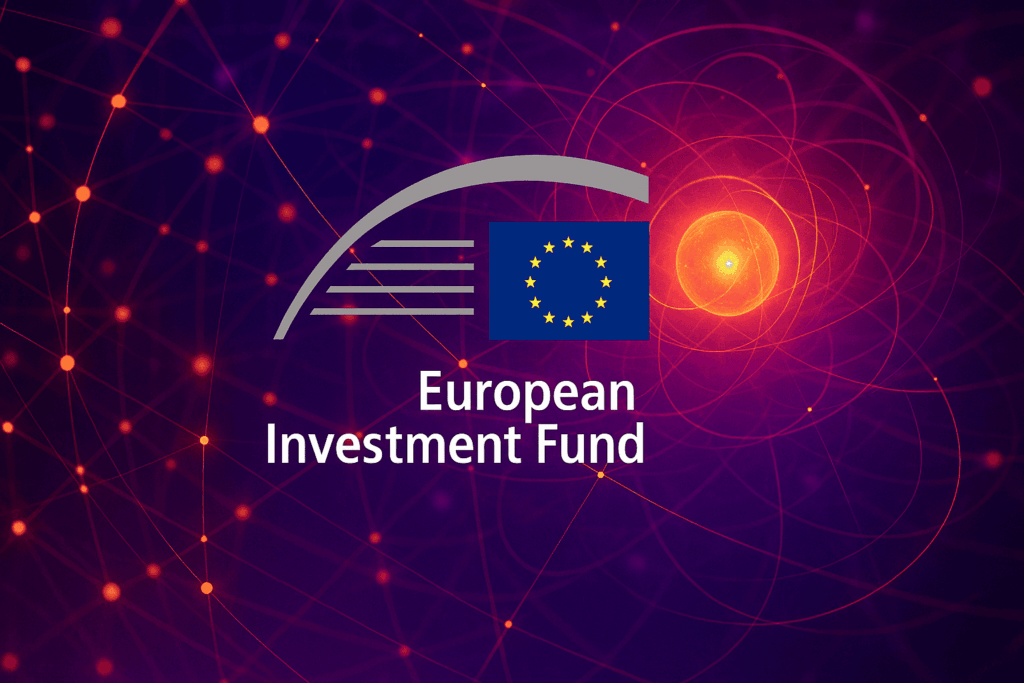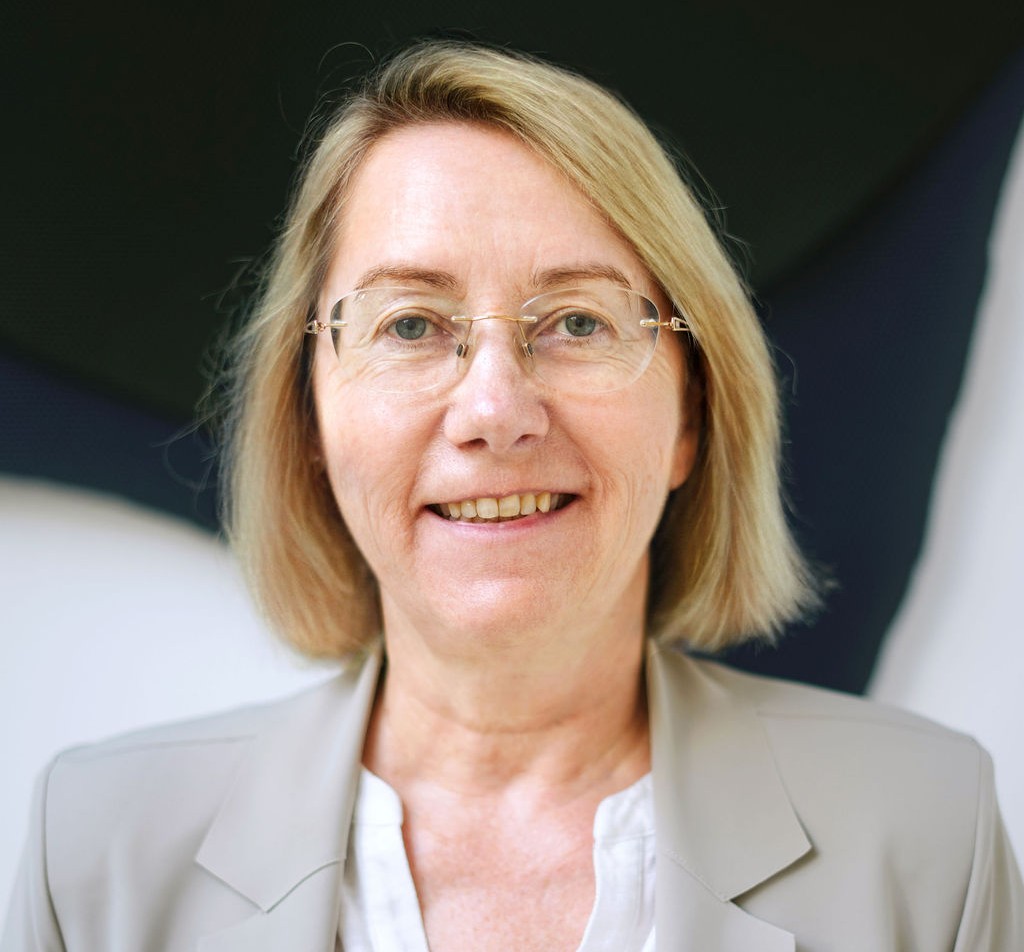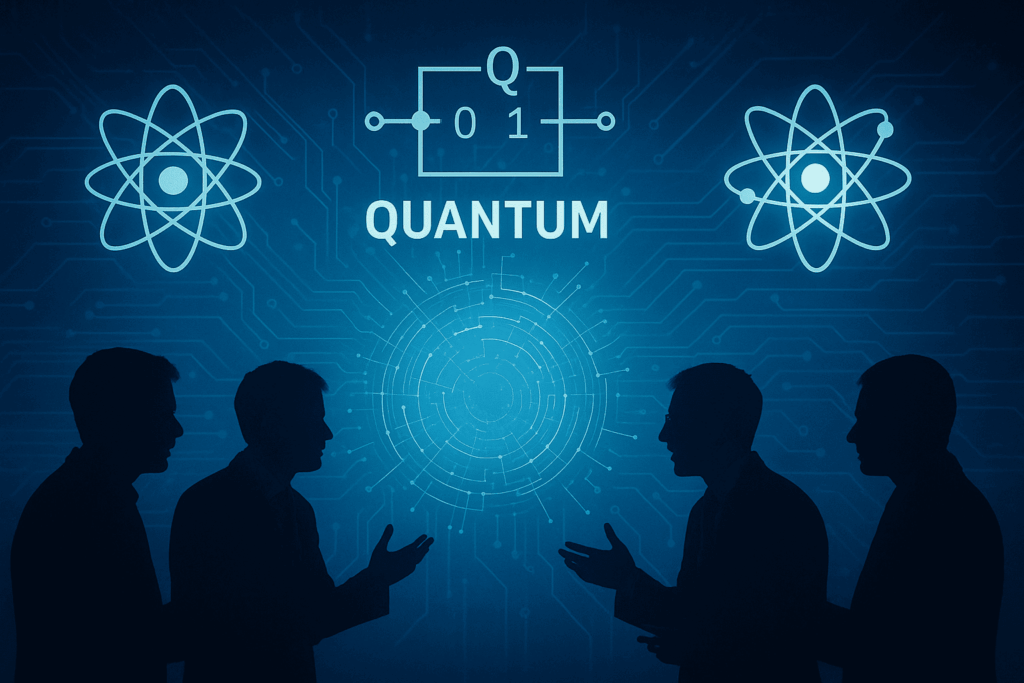400 Qubits
Last month, The Quantum Insider covered Klaus Schwab’s interview with Microsoft’s CEO Satya Nadella at the 2023 edition of the World Economic Forum in Davos, Switzerland.
Still on that theme, a panel discussion, “Technology for a More Resilient World” in partnership with The Atlantic, gave Chairman and CEO of IBM Arvind Krishna some time to explain what his company is up to in regard to its quantum computing (QC) research.
Krishna was also joined in the panel by other speakers, including Nicholas Thompson, Sunil Bharti Mittal, Julie Sweet, Cristiano Amon, and Derek O’Halloran, respectively.
“We’re still on the timeline, we’re at 400 qubits today, that’s on the cloud, you can go ahead and use it,” said Krishna to open proceedings. “By the way, a real quantum computer, not a simulation, not something virtual, a very real one.”

Krishna continued, boasting about the 433-qubit ‘Osprey’ processor, with a promise of 1000 qubits by the end of this year, before the moderator asked him to explain what 1000 qubits actually means for the industry.
Solving Problems
“Well, you can solve problems in material sciences — imagine lithium hydride electric car batteries. Imagine fertilizers,” said Krishna. “There was a paper from China recently which said at 400 qubits you could probably break today’s encryption. I’m a little skeptical of the full validity of the paper, but okay, fine. Four hundred, maybe 1000. So that tells you that somewhere around 1000, you’re beginning to see problems being solved, that you just couldn’t imagine getting solved on what I would call classical computers.”
Krishna, who has been CEO since April 2020 and Chairman since January 2021, believes quantum is not going to replace classical computing.
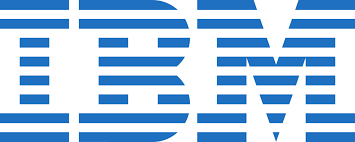
“You’re not going to run your bank balance on a quantum computer,” he went on, “because a quantum computer may give you a different answer each time. For some things, you likely want the same answer, but the physical world, in materials, chemistry, encryption, optimization problems, is where I believe we’ll see some of them getting sold in this timeframe.”
A Matter of Encryption
The question was then posed what IBM will do once it has cracked everybody’s passwords, which raised chuckles in the audience.
“We are very, very clear. So, we have been out there for the last ten years, we’ve actually been working on quantum-proof encryption,” said Krishna. “We put it out as open source. We work with NIST in the United States and have what they called preliminary standards out there, based on collaboration from us and from many, many other people in the industry. And I would strongly urge everybody, that for the data you really didn’t care about if you encrypt it, put it on a tape, throw it away, and if in ten years you’re worried somebody might decrypt it, go use quantum-proof encryption now because even stuff that you store will get broken and if it’s going to embarrass you, beware.”
The moderator then asked Krishna say his email has a two-factor authentication, so presumably there’s a password, and the password is encrypted by Gmail through some multiplication of large prime numbers, will the quantum computer be able to factor the large prime numbers and crack his two factors?
Krishna’s answer was simple:
“Yes, because all of that is essentially based on encryption. So, it is effectively just trying to get to the eventual key that’s all,” said Krishna.
“Even if it’s like a physical two-factor authentication because it’s translating like my biometrics into a number?” the moderator asked.
“No, no, no, because in the end, you have your actual email stored somewhere within, all the rest is just the key to go unlock the actual encryption key,” Krishna answered.
It’s clear IBM is ahead in the game and promises some exciting offerings in QC this year and in the future.
Featured image: Arvind Krisha, Credit: World Economic Forum.
For more market insights, check out our latest quantum computing news here.

